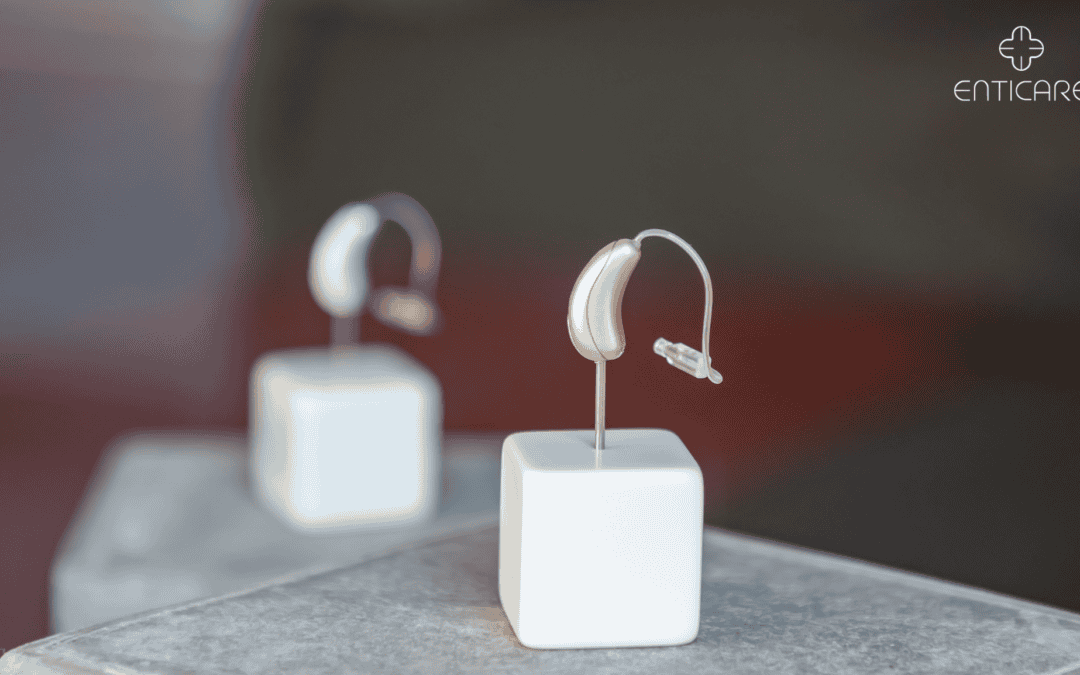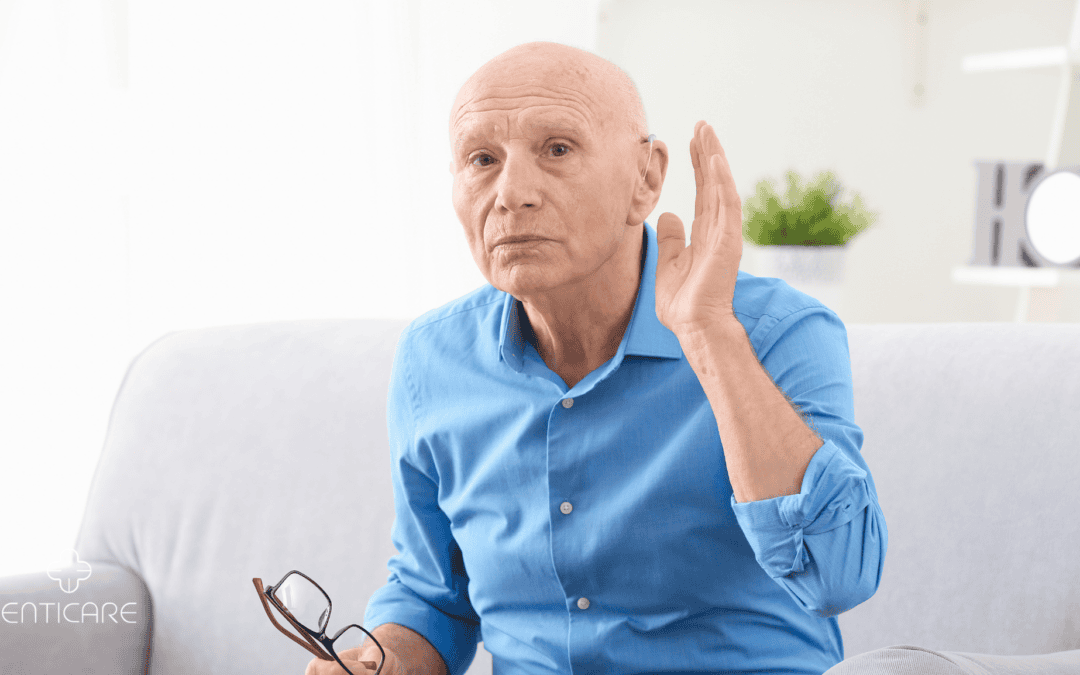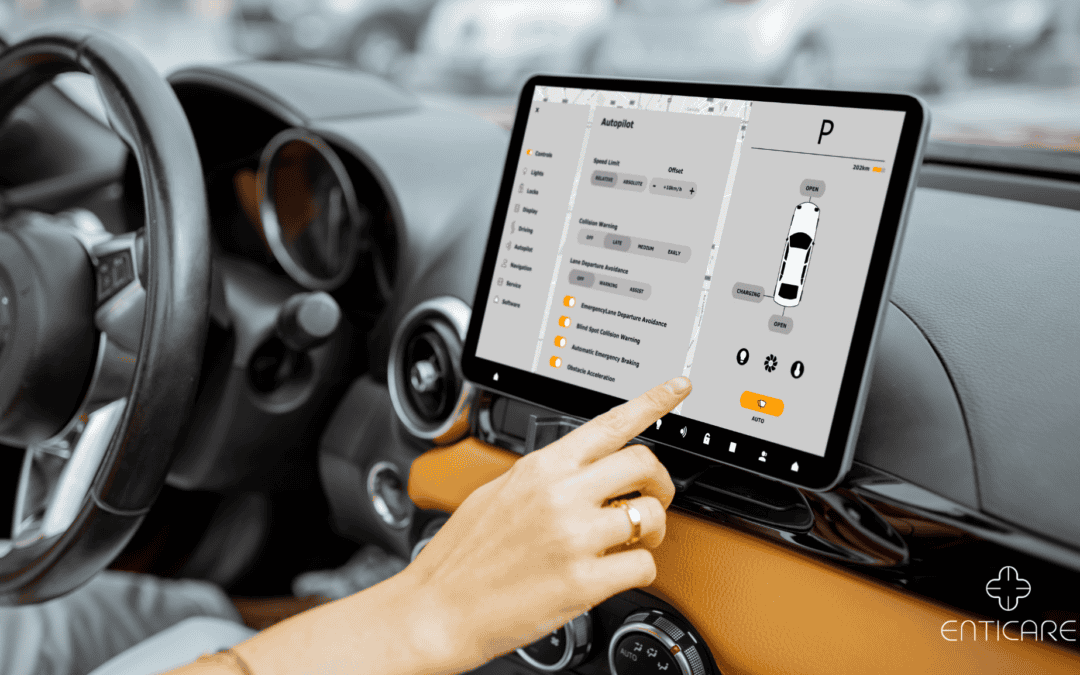Enticare Blog

Beyond the Vibrant Blooms: Unveiling the Mystery of Palo Verde Tree Allergies
The palo verde tree, a symbol of resilience and desert beauty in the American Southwest, might hold a hidden threat for some individuals. Palo verde tree allergies, triggered by the wind-borne pollen released by these striking trees, can cause unexpected discomfort...

Kochia Causing Grief? Find Relief
Those feathery green or red bushes lining roads and fields might seem harmless, but for some, they're a hidden allergy culprit. Kochia, also known as lamb's quarter or Belvedere summer cypress, can trigger a wave of allergy symptoms if you're sensitive to its pollen....

Suffering from Fall Allergies? It Might Be Goldenrod
As summer fades and fall approaches, many people welcome the cooler weather and beautiful foliage. But for allergy sufferers, autumn can bring a new wave of sniffles, sneezes, and itchy eyes. If you experience allergy symptoms in the late summer and fall, you might be...

Are You Suffering from Mysterious Spring Allergies? It Could Be English Plantain!
Spring is here, bringing with it blooming flowers, chirping birds, and... itchy eyes, runny nose, and constant sneezing? If you experience seasonal allergies but haven't pinpointed the culprit, you might be surprised to learn it's the humble English plantain weed. The...

Dock and Sorrel: The Hidden Culprit Behind Your Summer Sneezes
Struggling with allergies when the summer sun is shining? You might be surprised to learn the culprit isn't typical grasses, but a sneaky duo: dock and sorrel. These widespread weeds pack a powerful pollen punch, triggering uncomfortable symptoms in unsuspecting...

Suffering From Allergies When You’re Around Grass? It Might Be Cocklebur, Not Grass!
Do you experience a runny nose, itchy eyes, or sneezing when you spend time outdoors during late summer and fall? You might be surprised to learn the culprit isn't grass itself, but a sneaky weed called cocklebur. Cocklebur allergy can be a real nuisance, causing a...

Birch Tree Allergies – Origin, Facts, and Management
The world of allergies can be a complex one, with seemingly innocuous substances triggering uncomfortable and even life-threatening reactions. Among these lesser-known allergens lies the "Birch Tree," a combination of proteins found in birch pollen and several fruits...

Unveiling the Power of Consistency: How Often Should You Wear Your Hearing Aids?
Imagine a world where conversations flow effortlessly, music resonates with depth, and the sounds of life come alive. For those with hearing loss, hearing aids can unlock this world, but a crucial question arises: How often should I wear them to maximize the benefits?...

Unleash the Power of Connection: Pairing Your Phonak Lumity Hearing Aids with Ease
Imagine a world where your Phonak Lumity hearing aids seamlessly connect to your smartphone, transforming them into powerful communication tools. Stream phone calls, listen to music, and control your hearing environment directly from your phone. Sounds pretty amazing,...

Hear Clearly in the Car with Hearing Aids
Ever feel frustrated or left out during car rides because you can't hear conversations clearly? You're not alone. Many people with hearing aids experience challenges understanding speech in a moving vehicle. The combination of road noise, wind, and multiple speakers...
